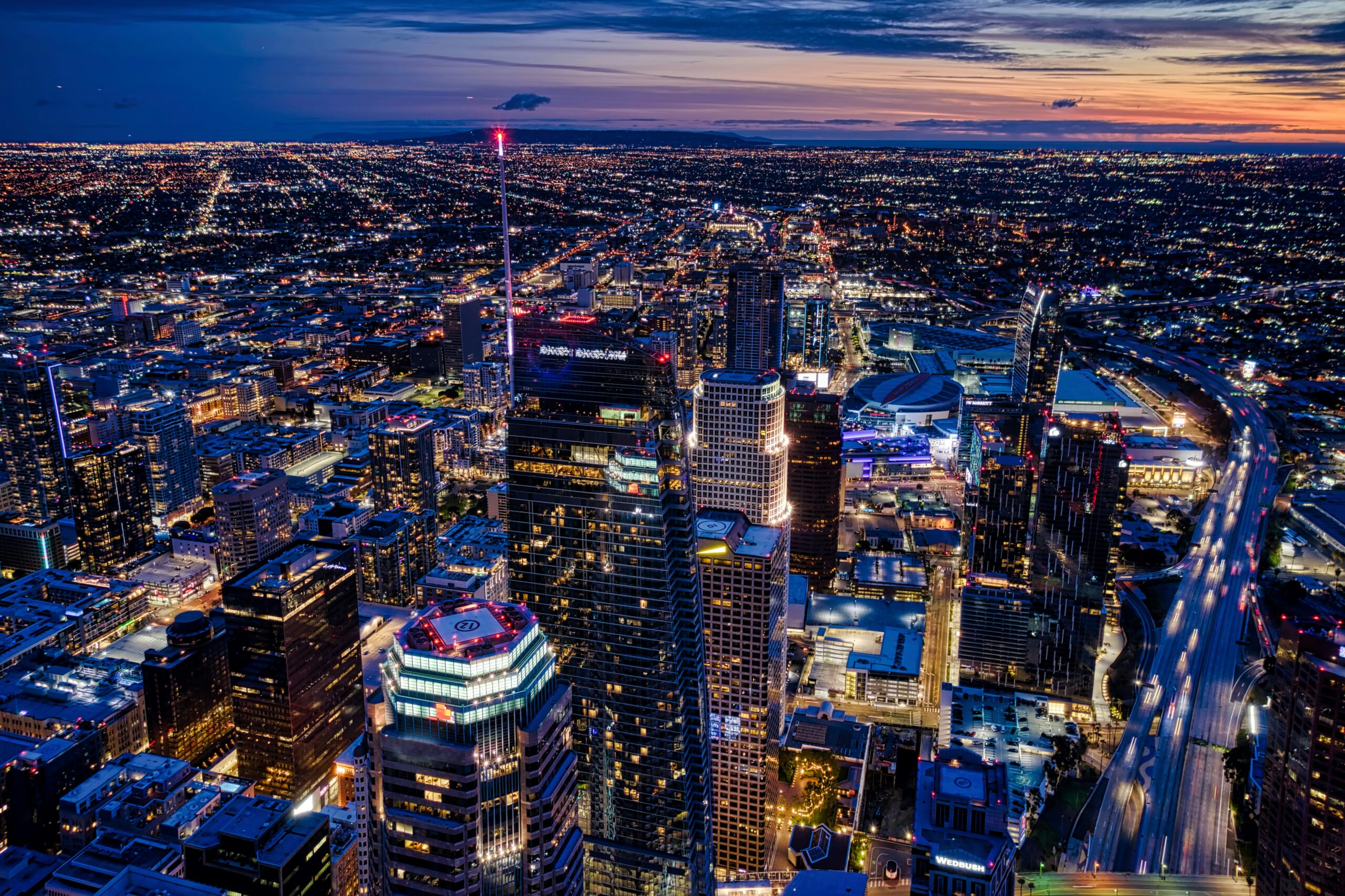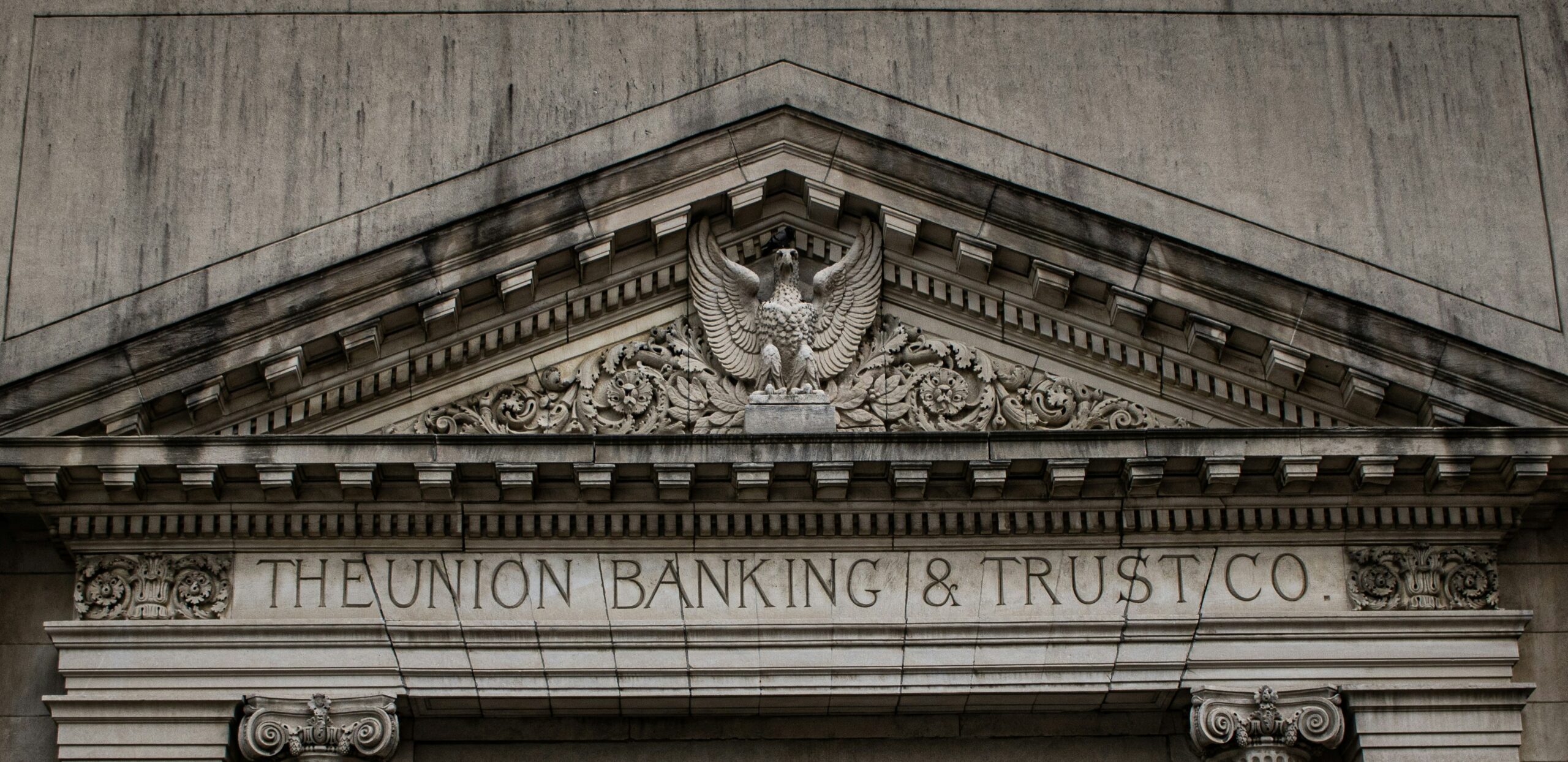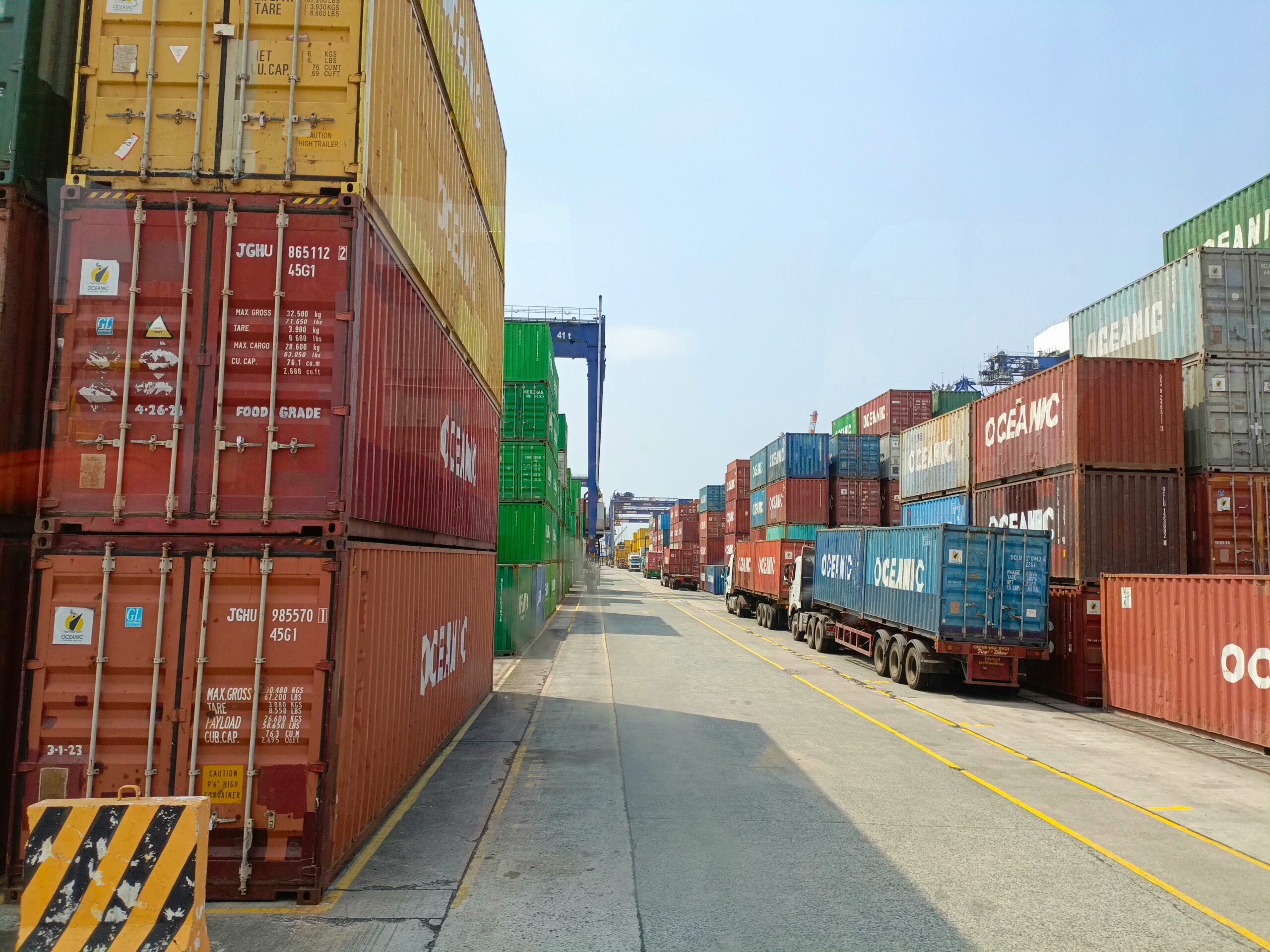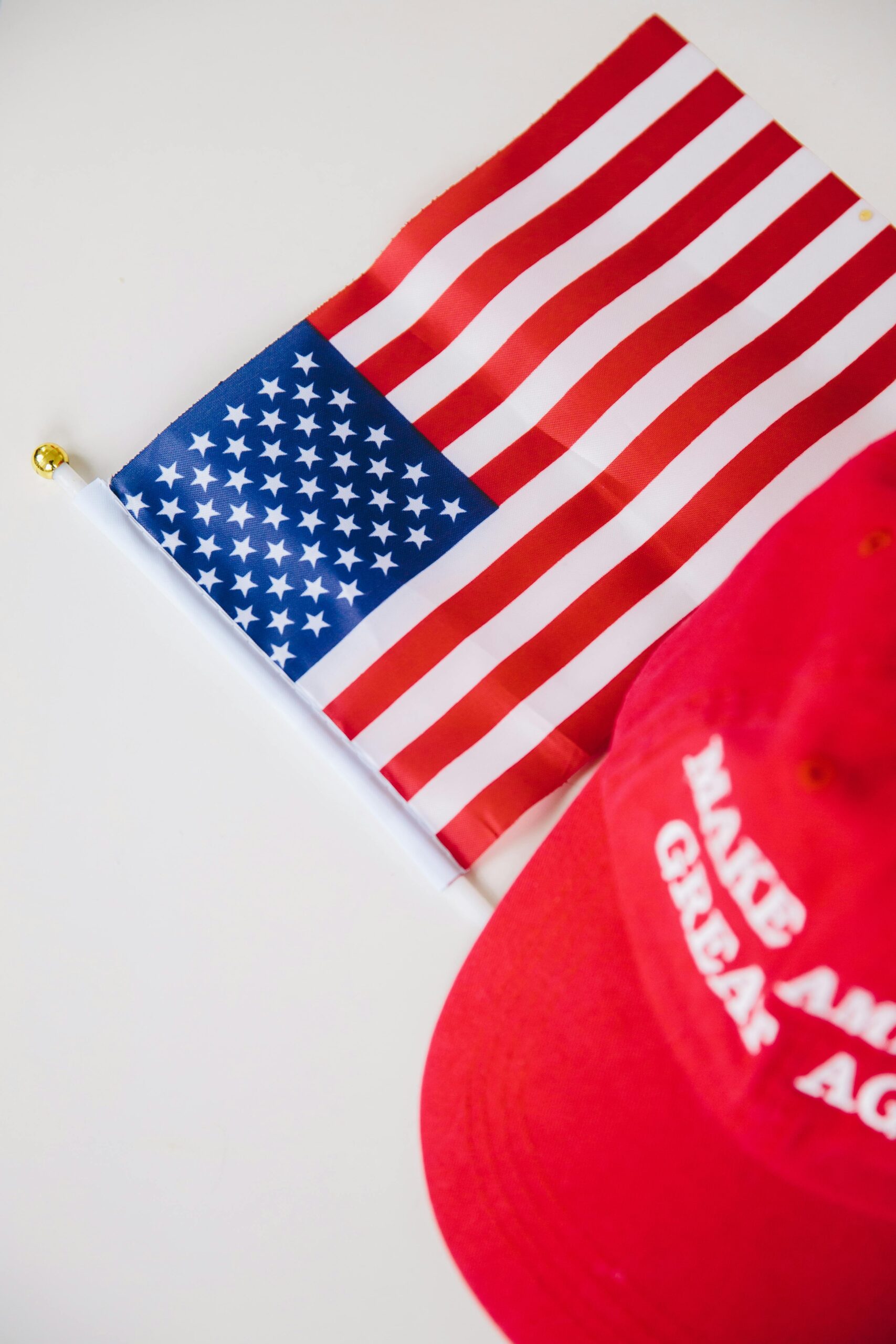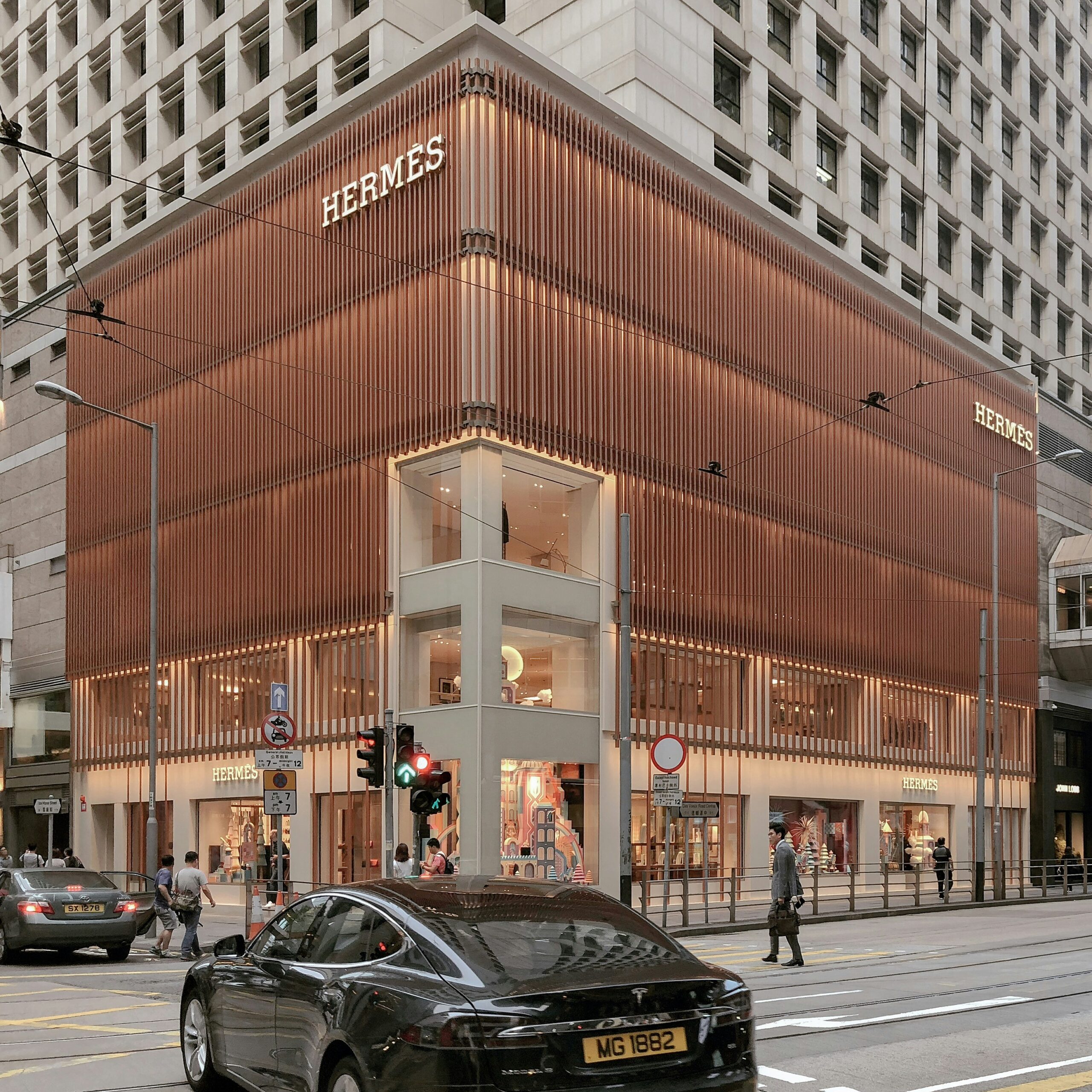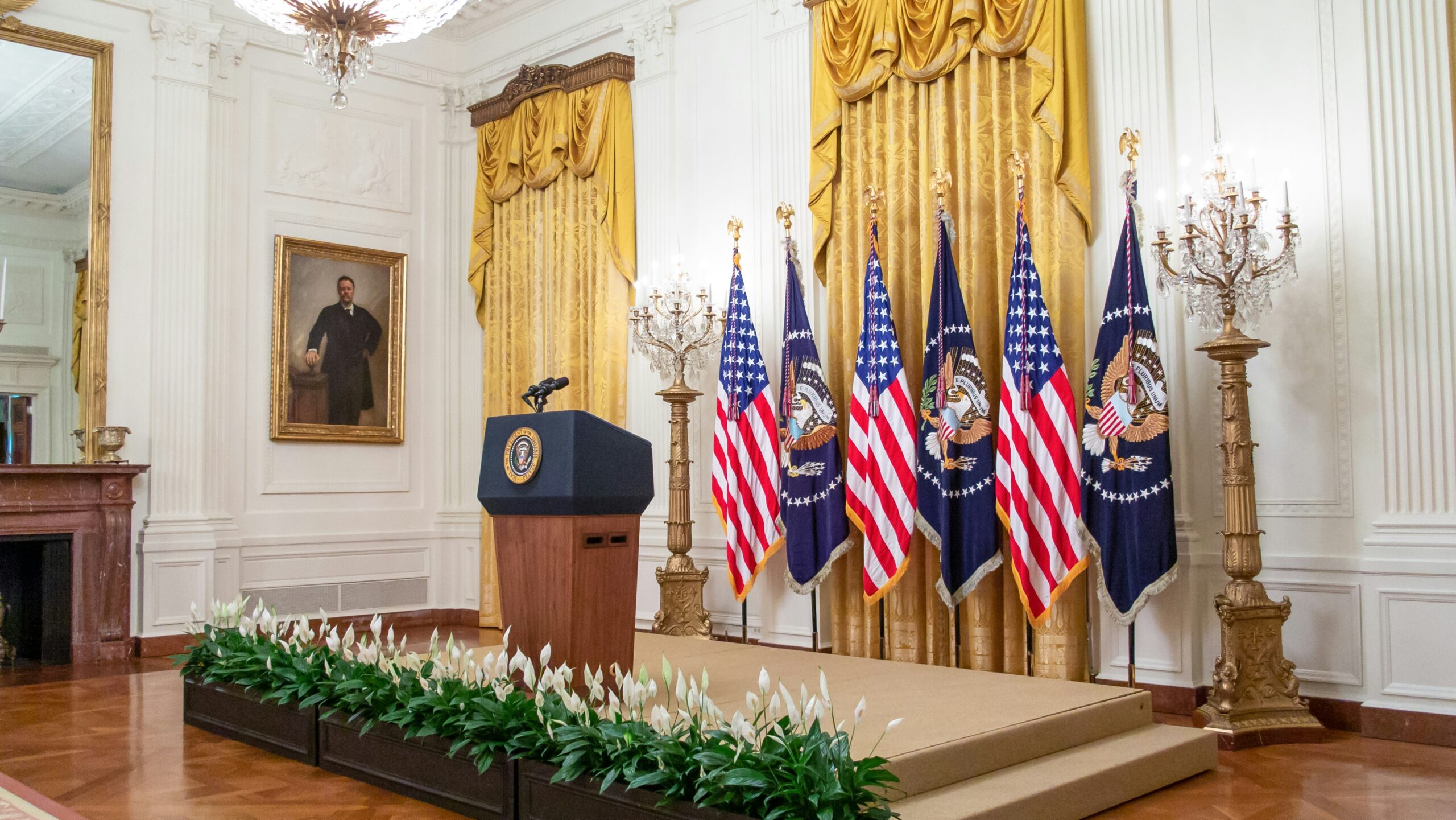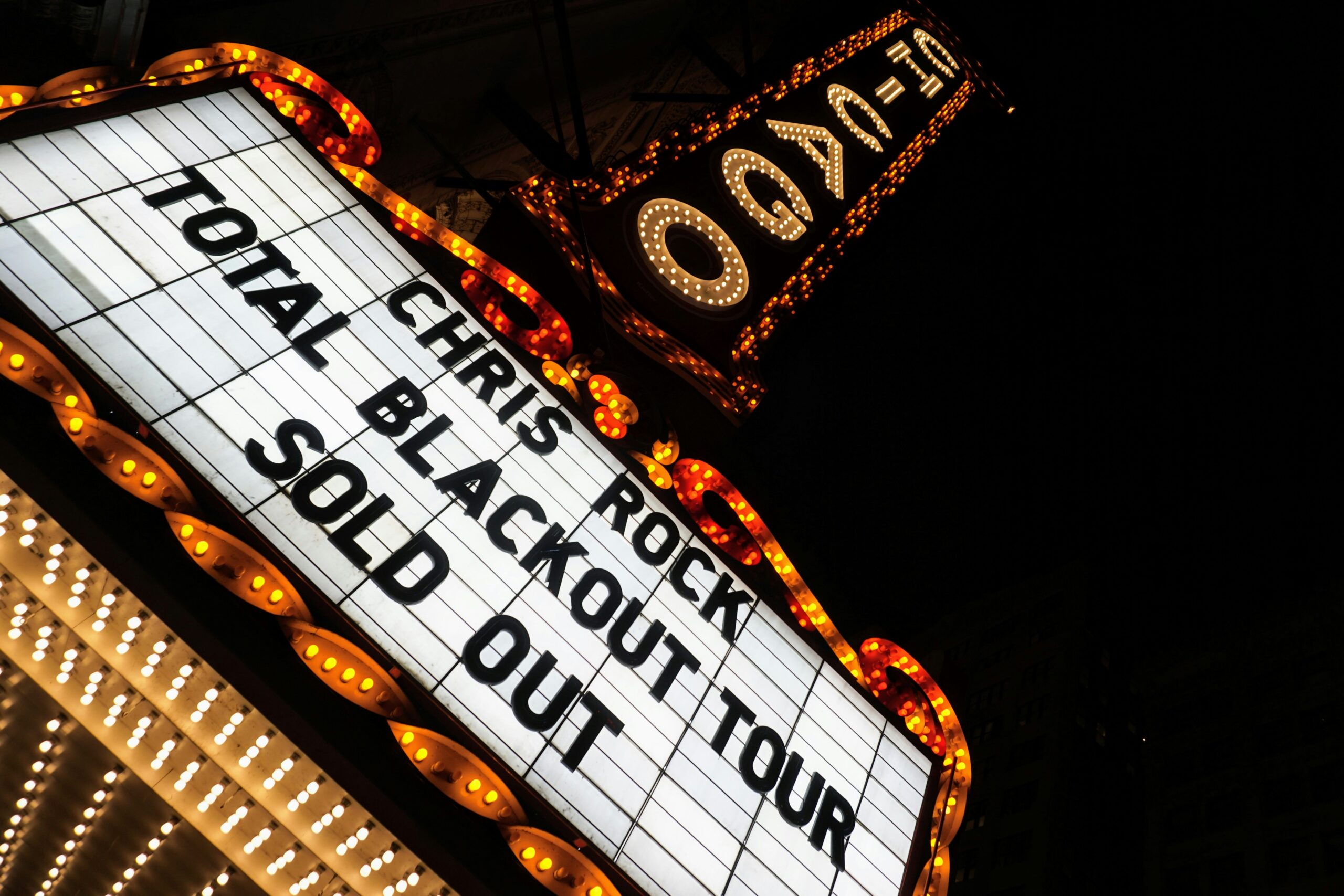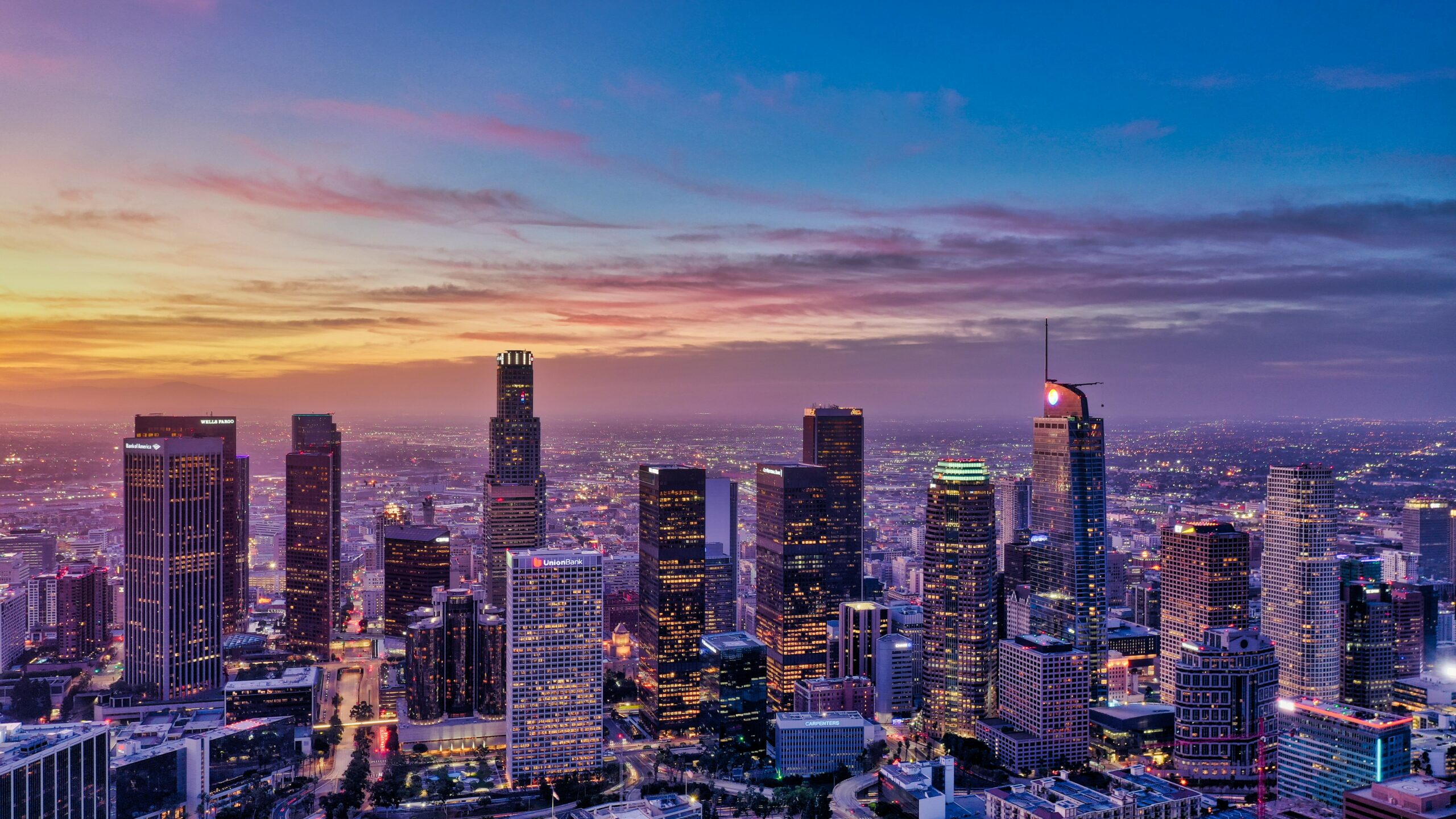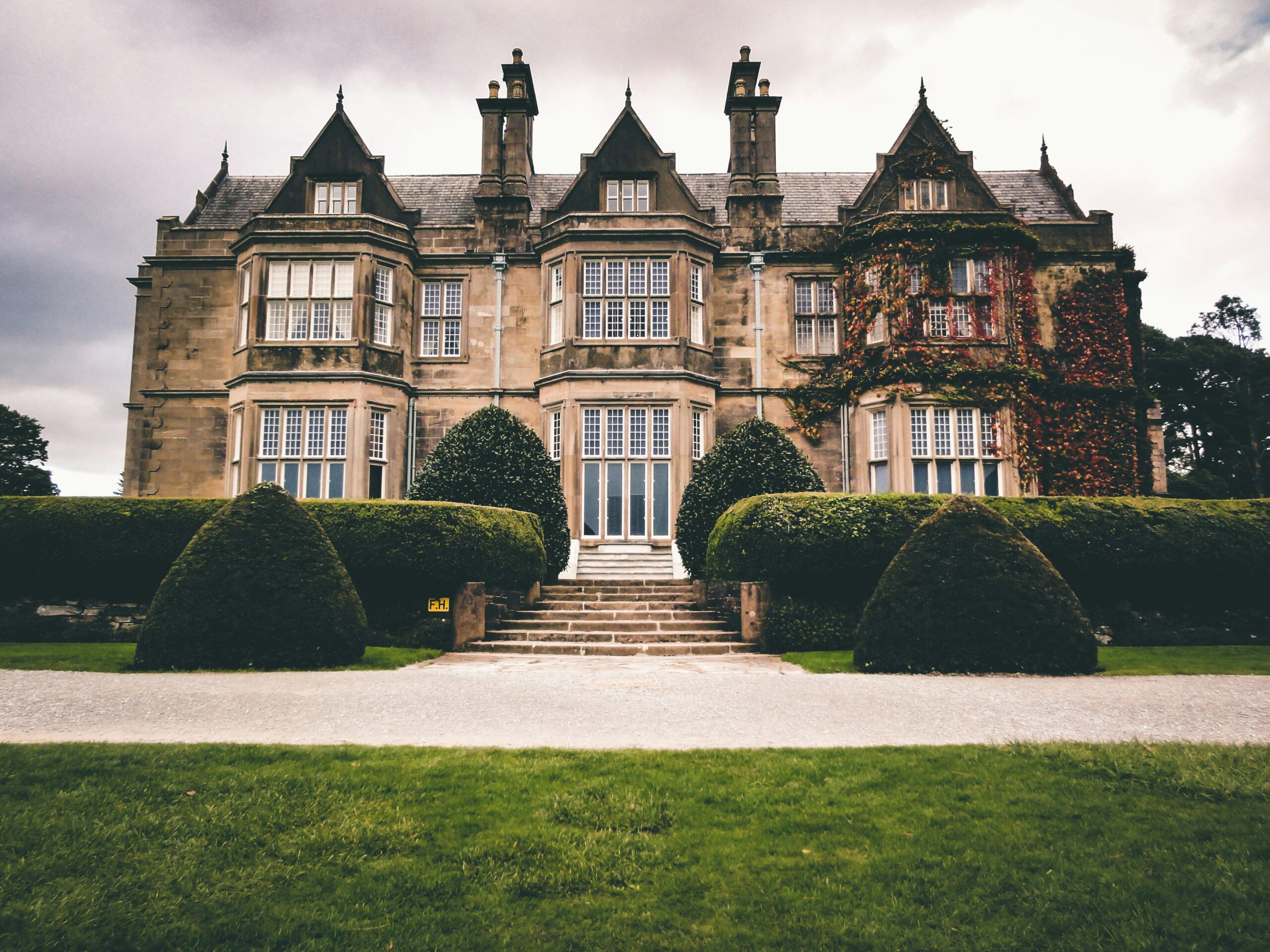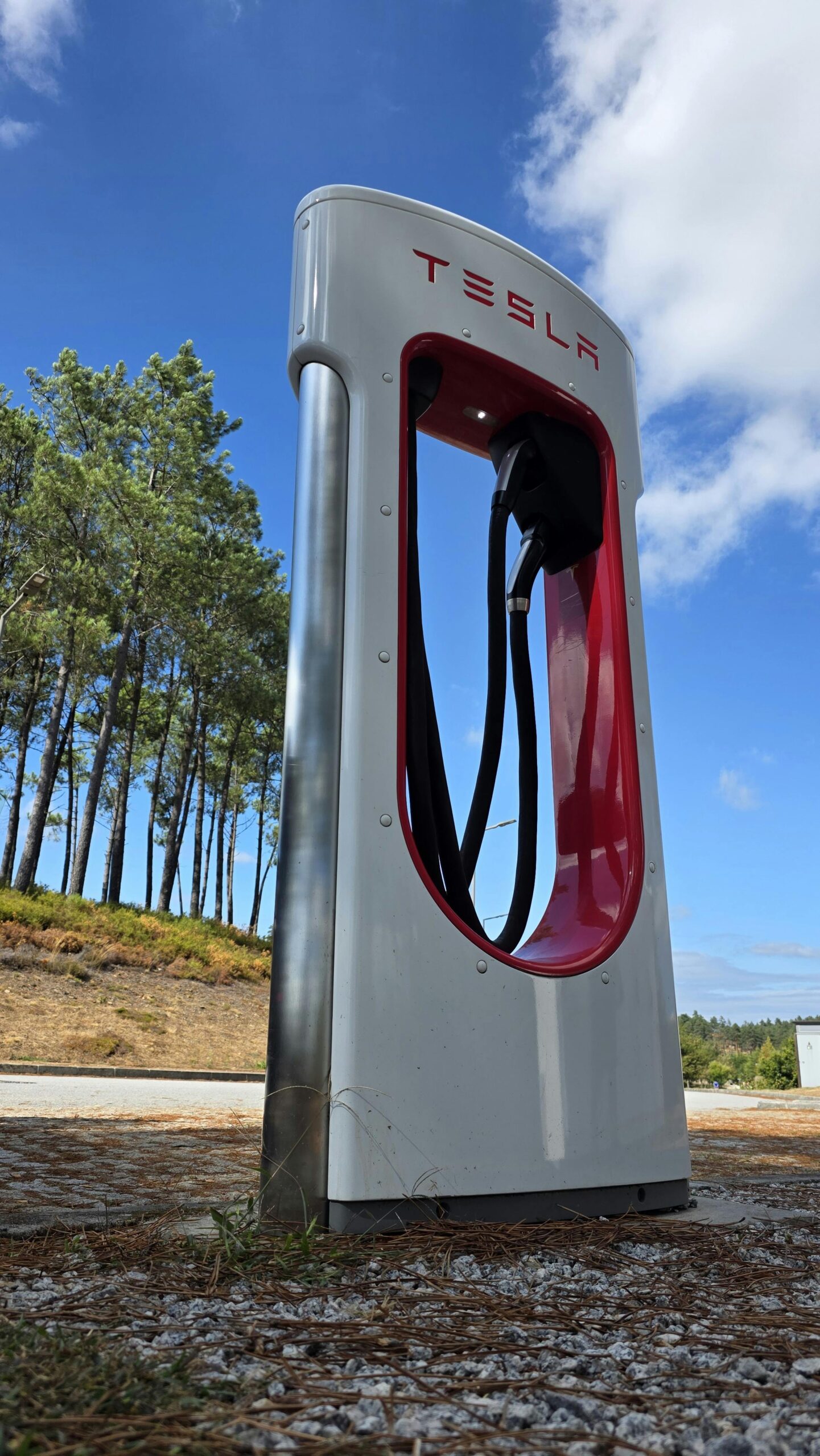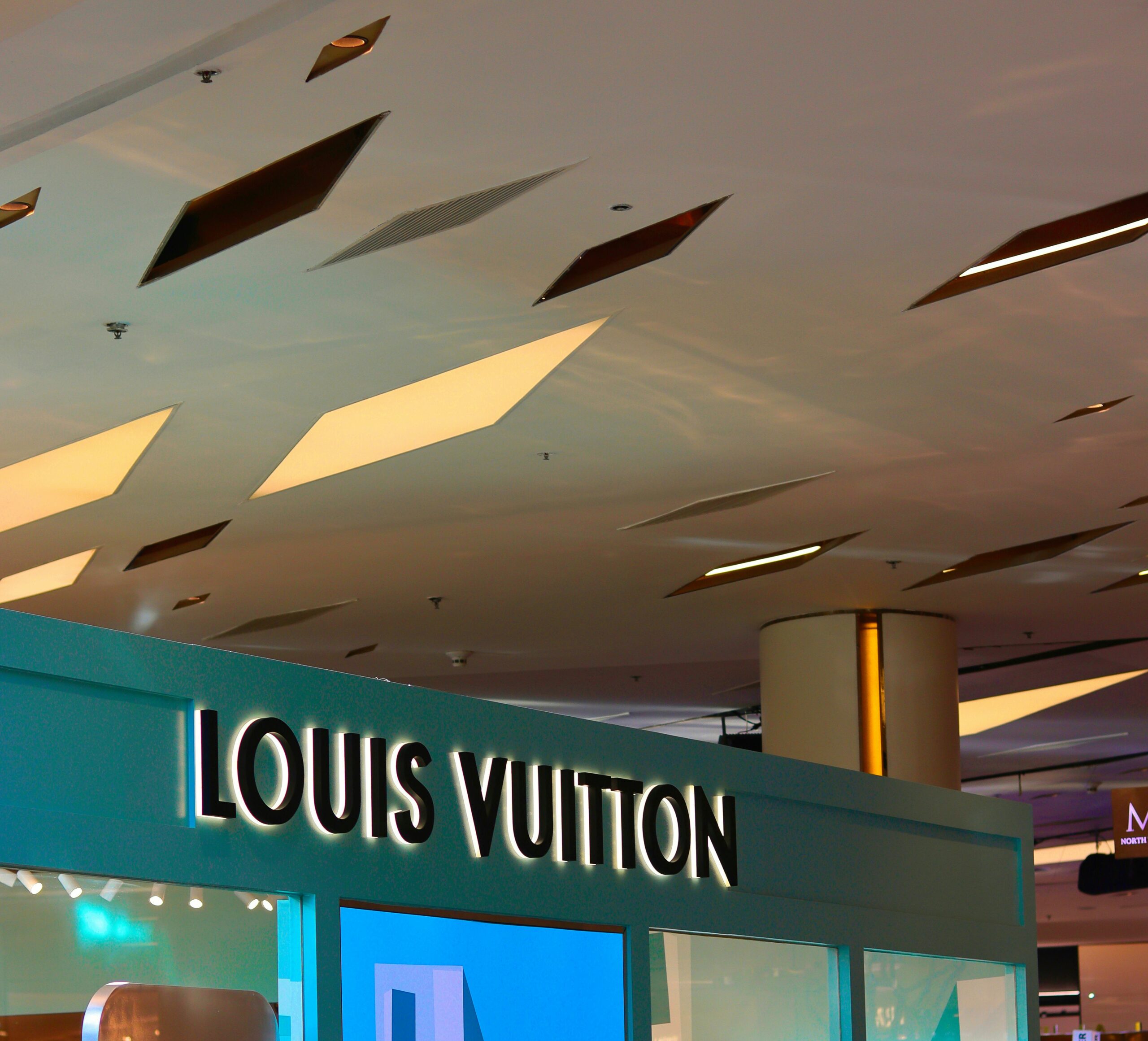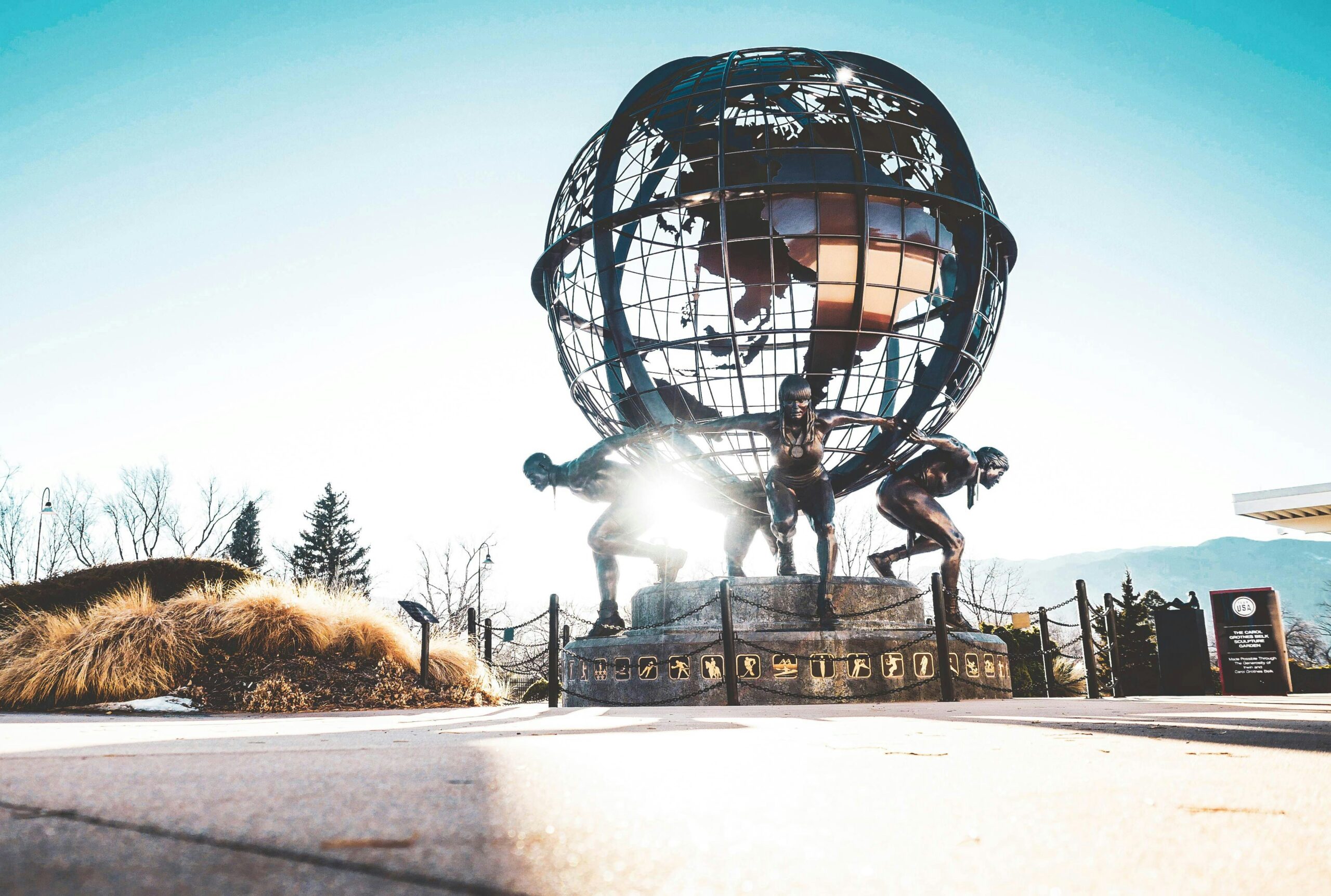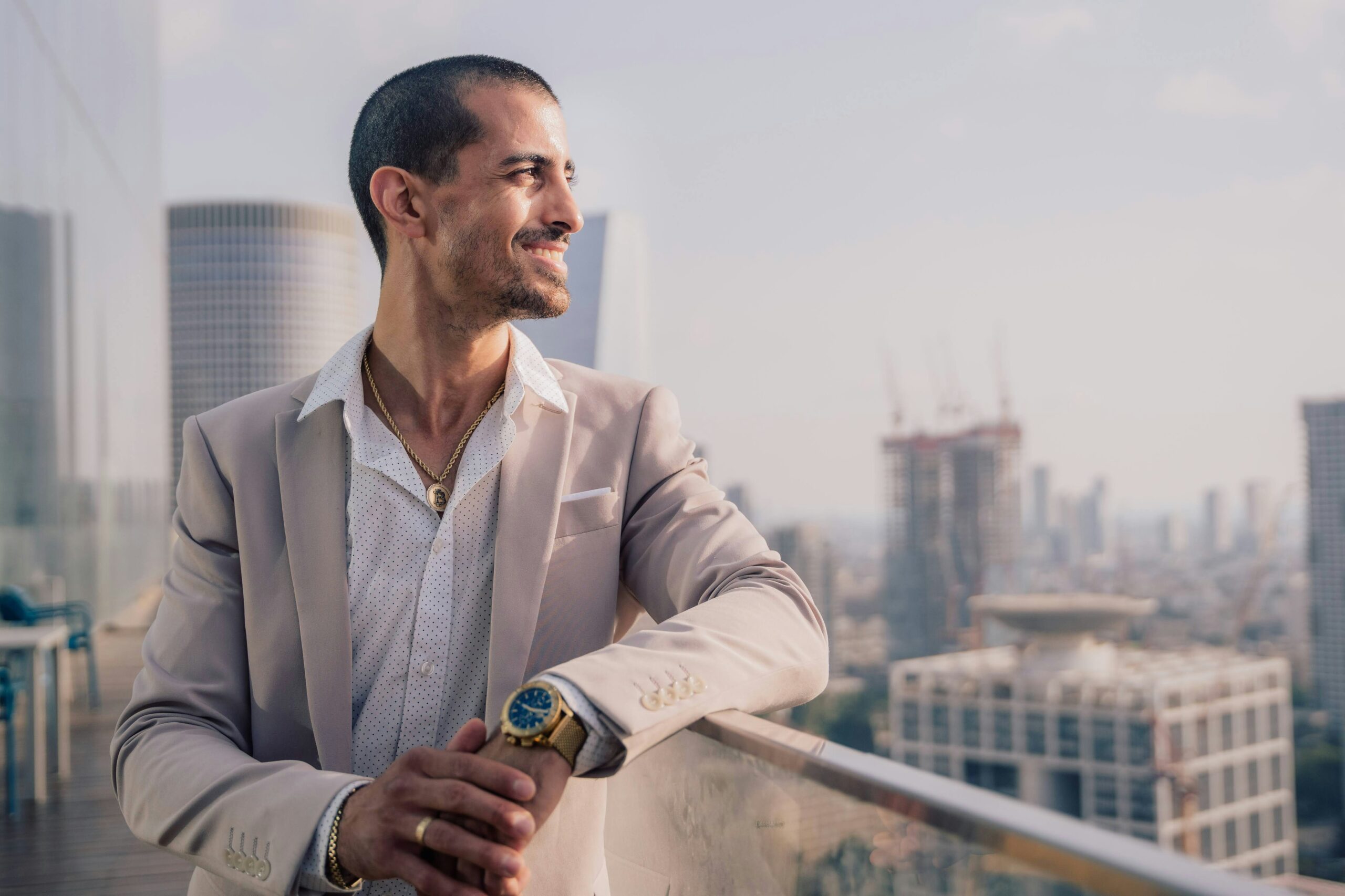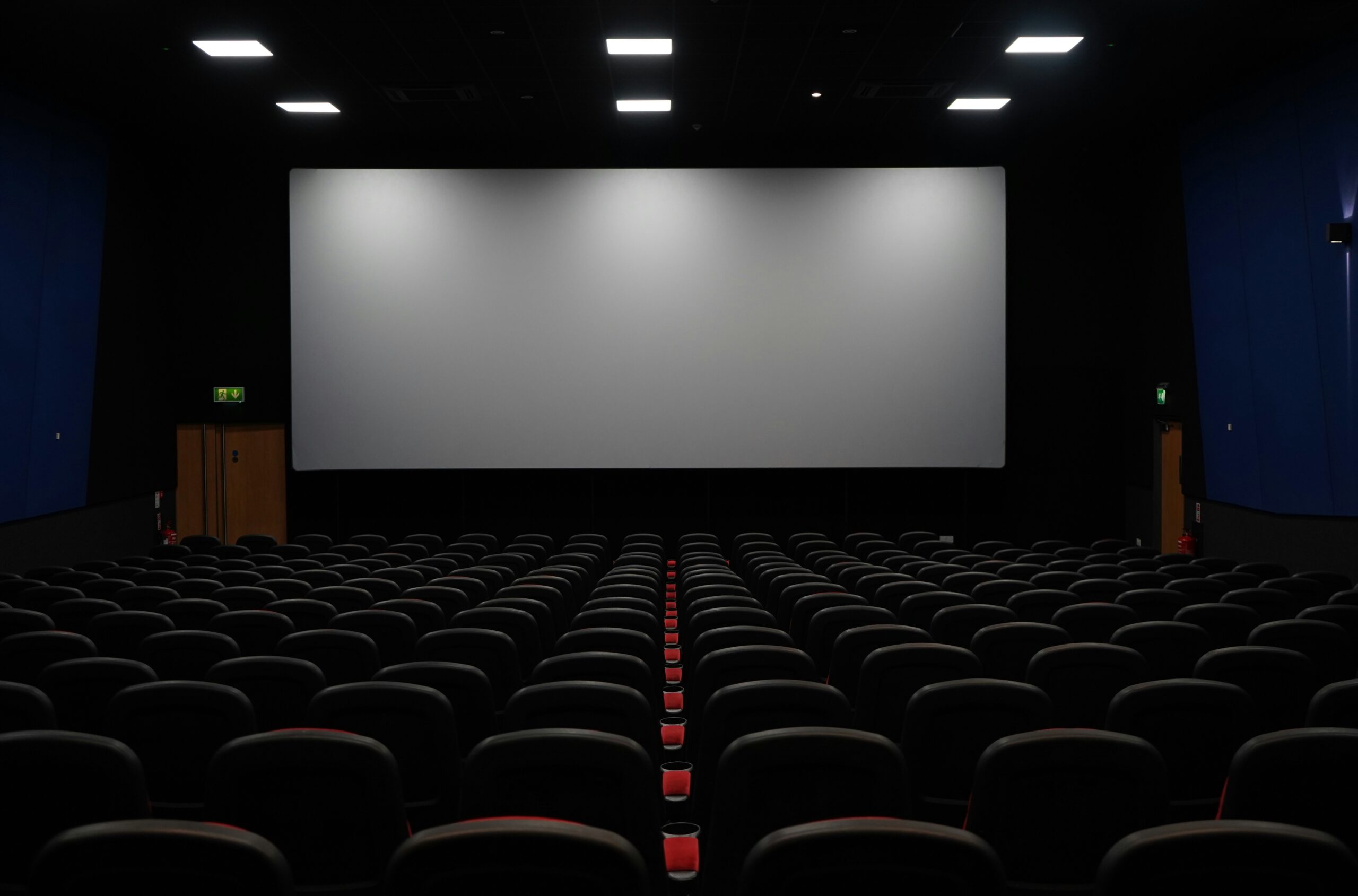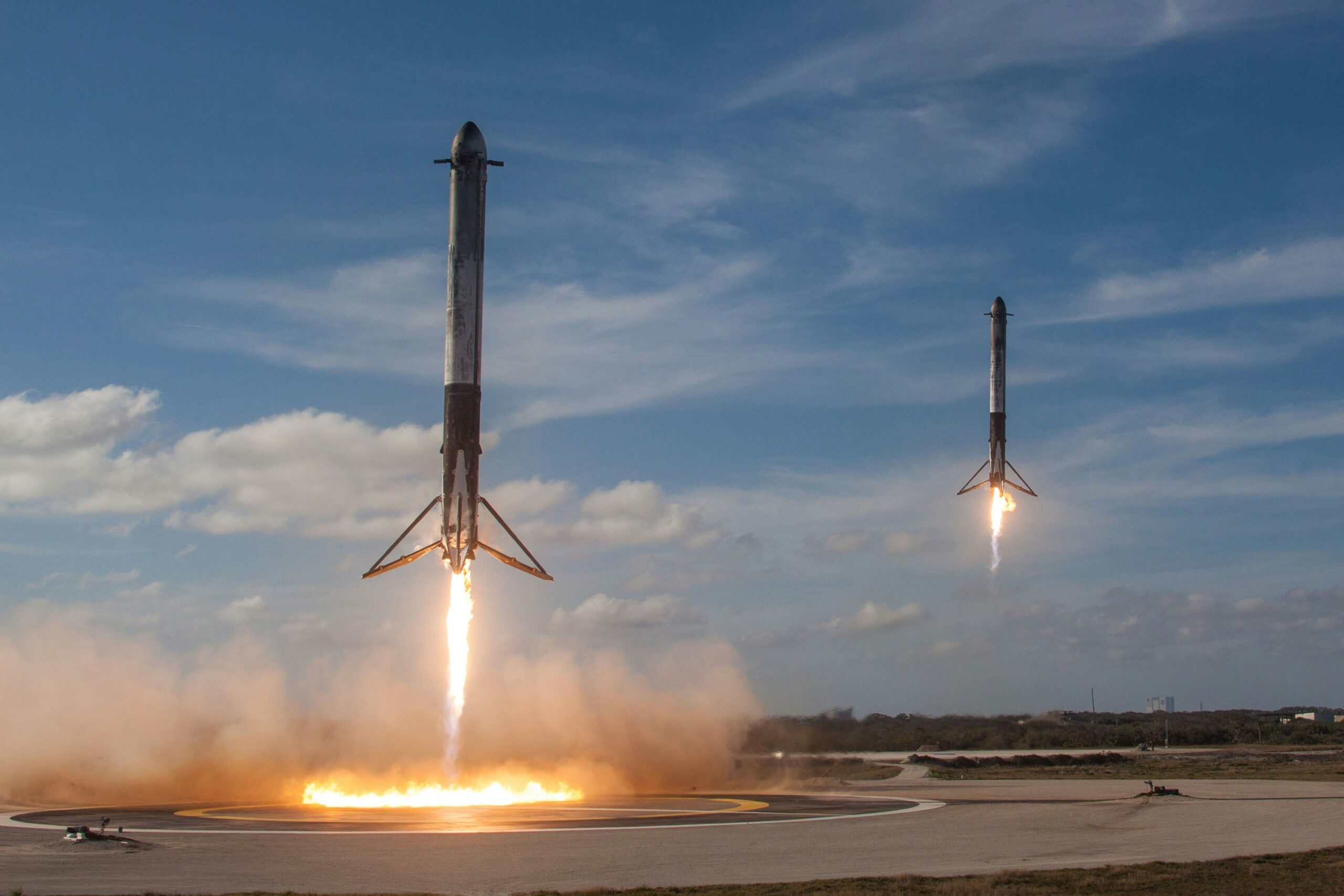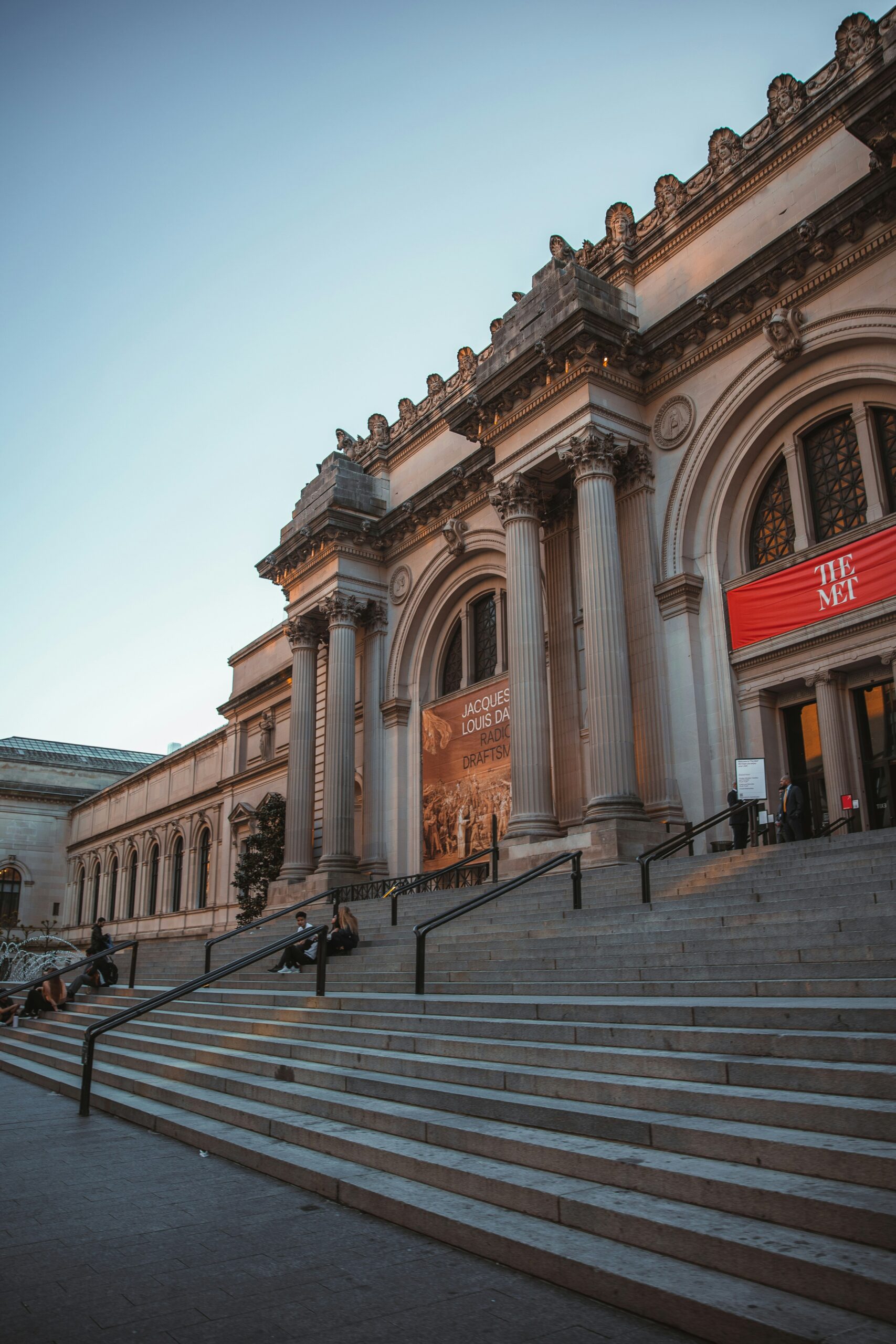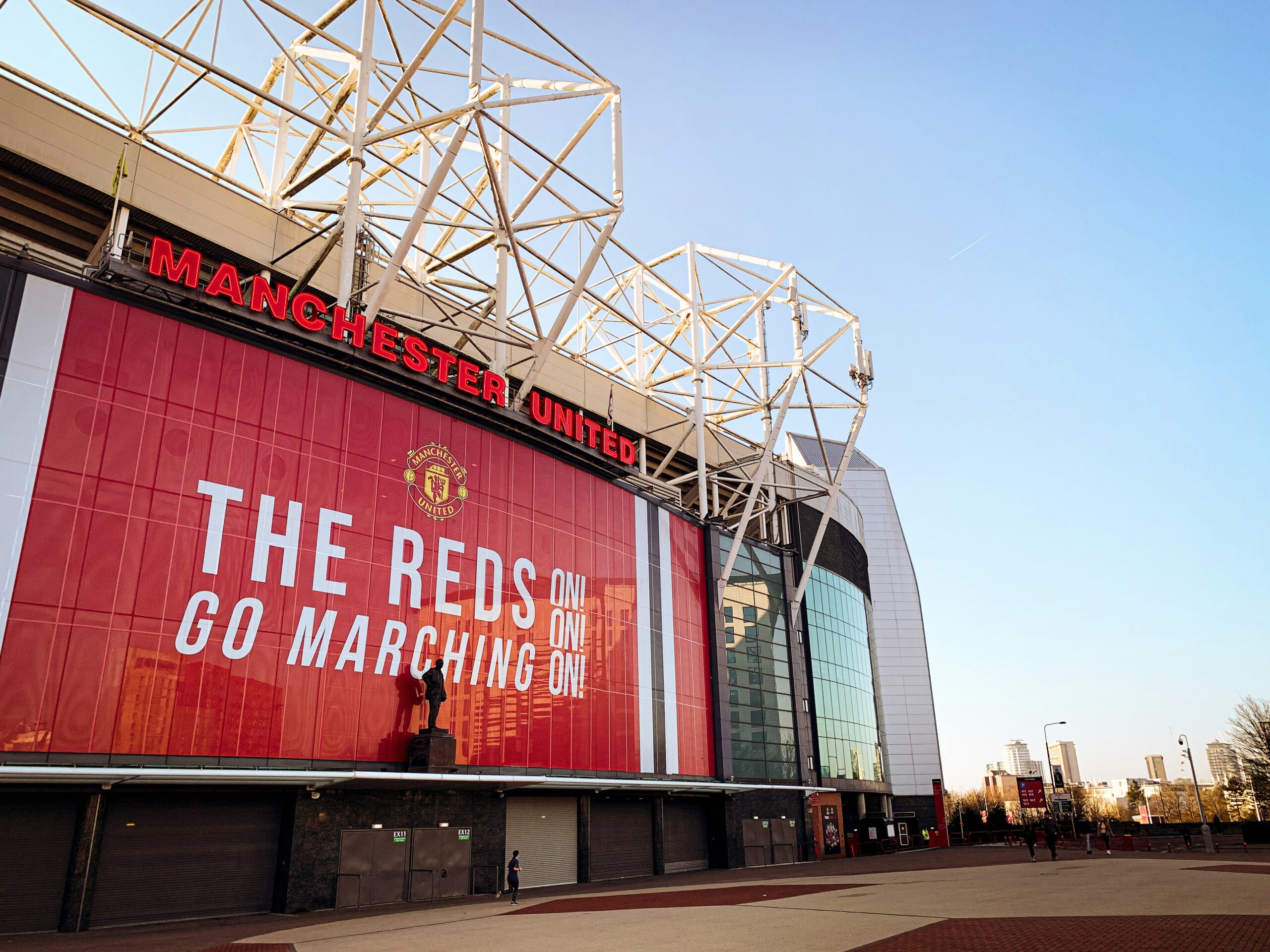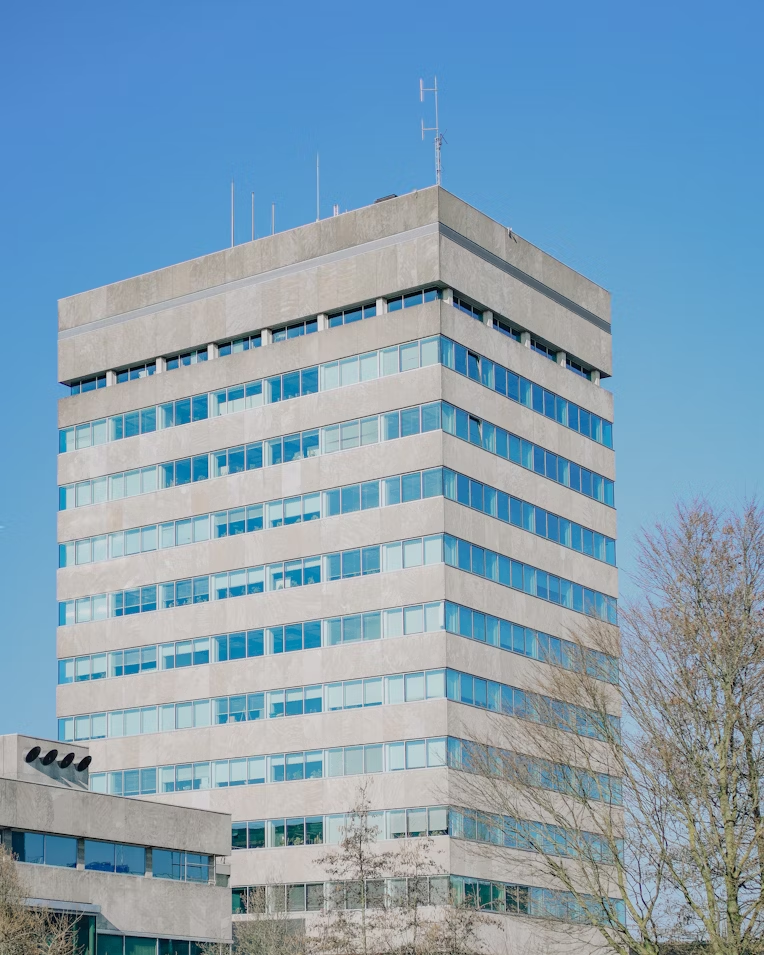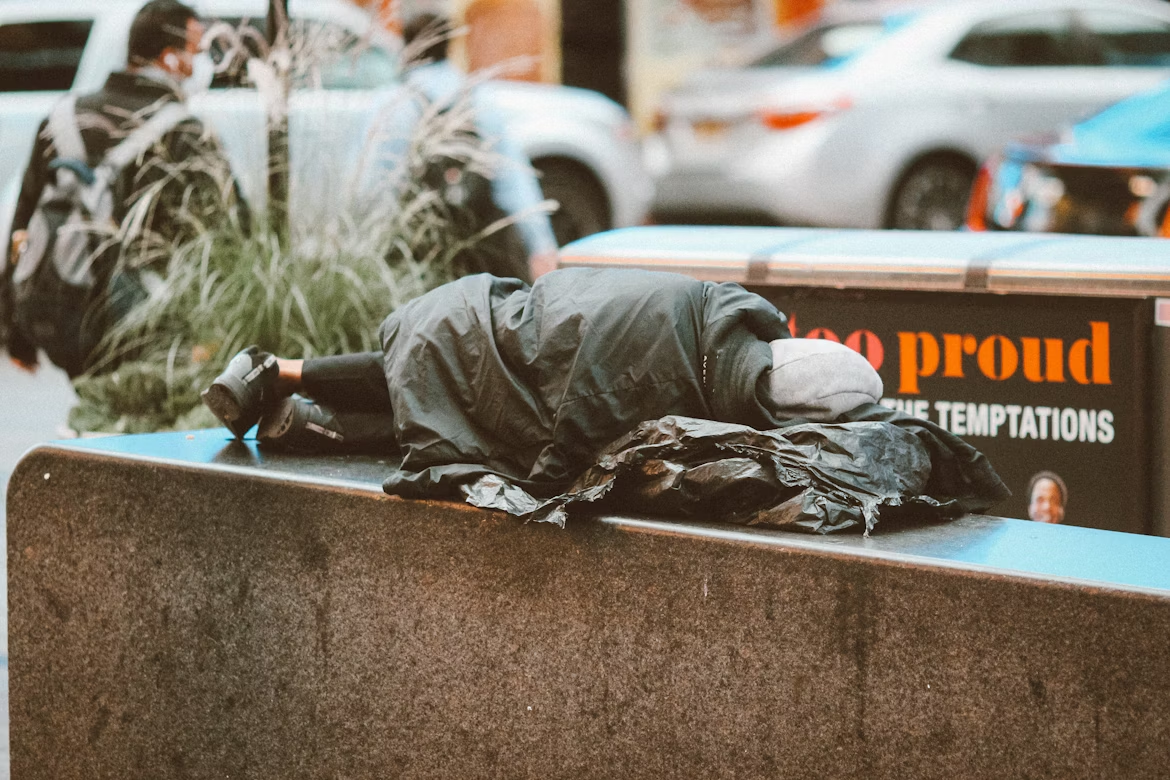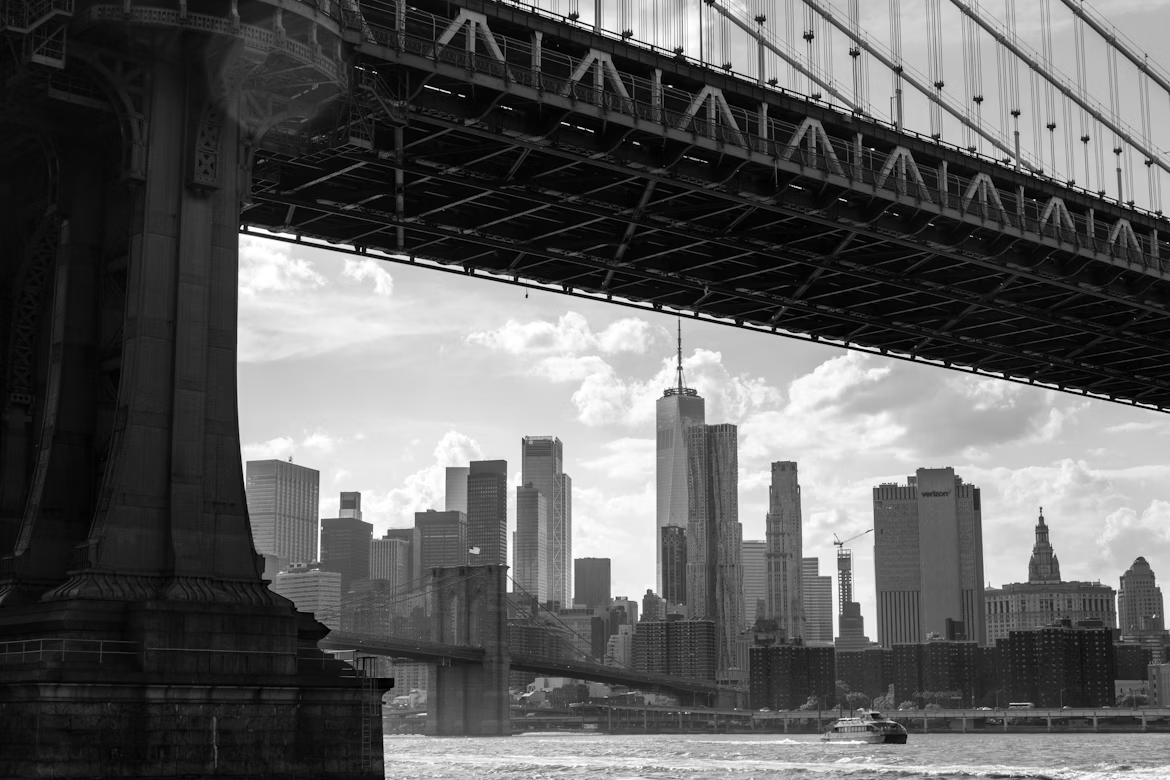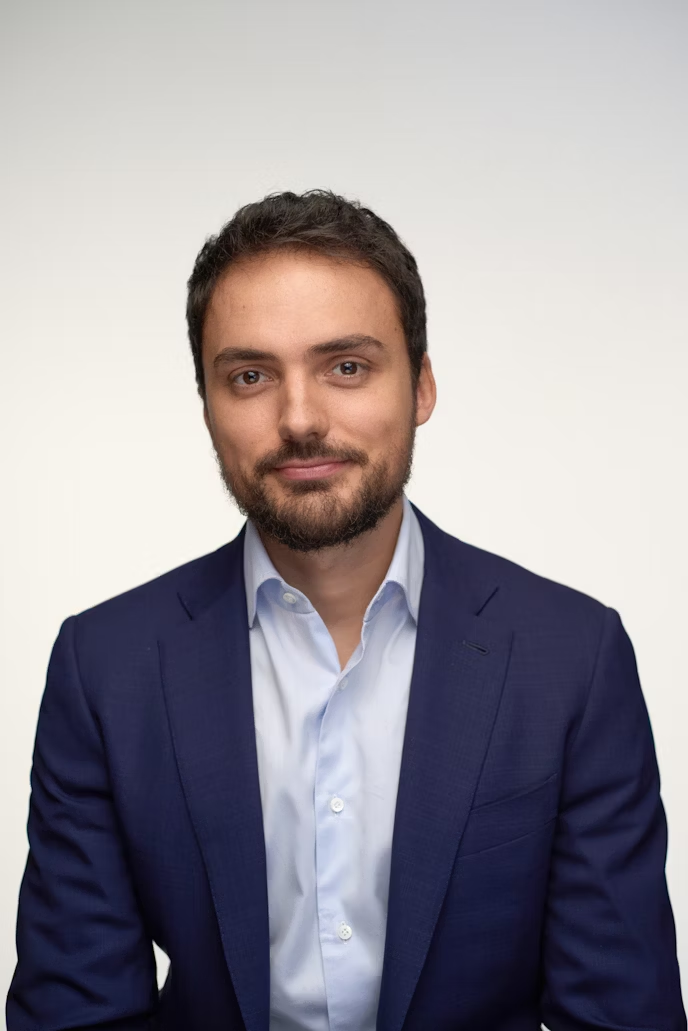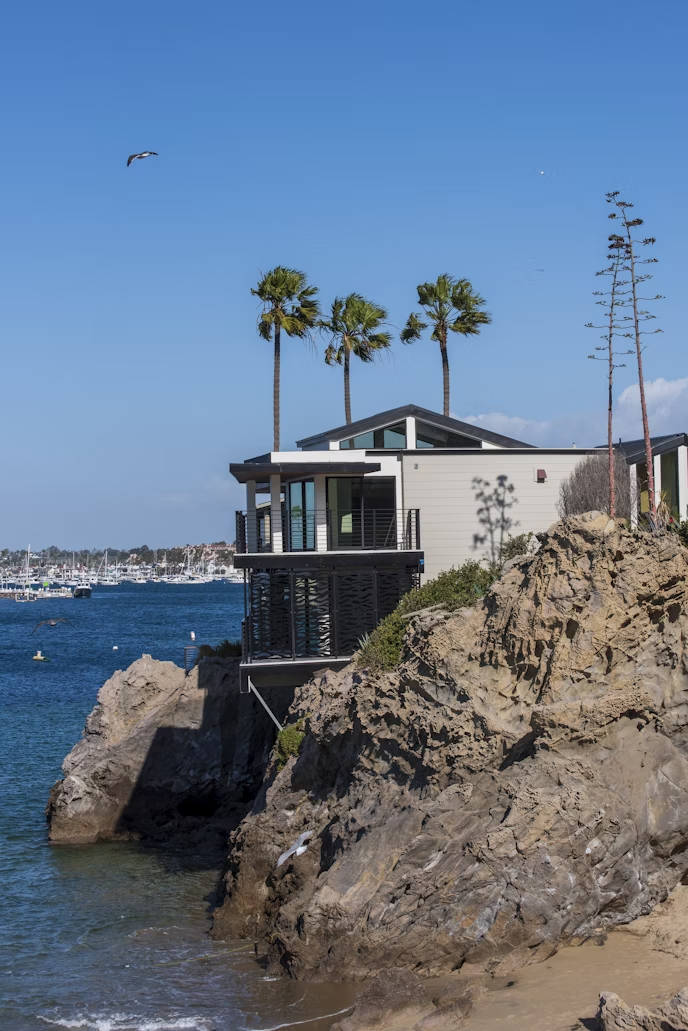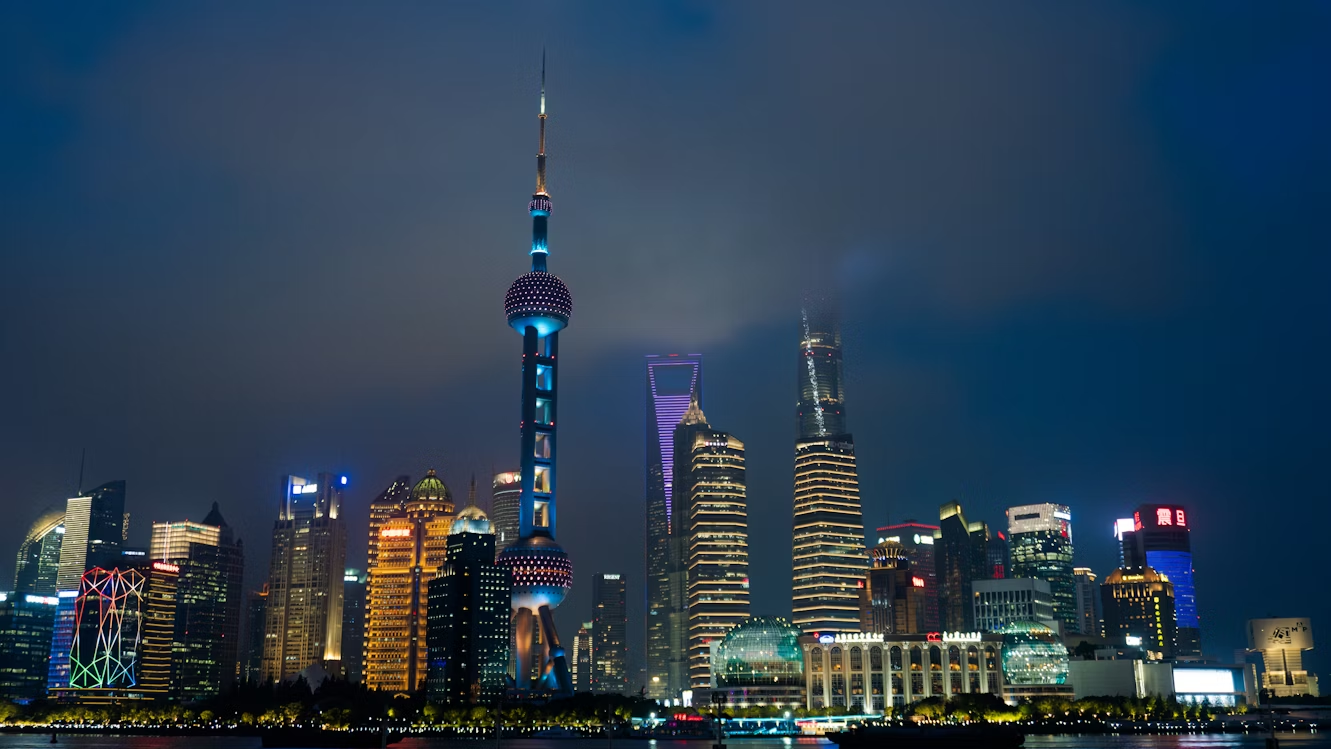Image credit: Unsplash
Ultra-wealthy figures spending exorbitant amounts to influence city politics is well known. However, a recently constructed political influence machine built by tech billionaires and venture capitalists in San Francisco is standing out for its size and objective.
The extent of this network has been revealed through a new analysis of campaign filings, political contributions, and nonprofit records conducted by Mission Local and the Guardian. According to reports, prominent figures involved in this network may have used their organizational and financial muscle to force the Bay Area city into adopting certain policies. These policies favor business and housing construction while cracking down harder on crime and homelessness.
The group includes billionaire investor Michael Moritz, hedge fund manager William Oberndorf, cryptocurrency booster Chris Larsen, co-founder of PayPal David Sacks, CEO of Pantheon Zachary Rosen, and CEO of Y combinator Garry Tan. Together the tech and venture capital leaders have invested approximately $5.7 million into reshaping the city’s policies. A more accurate sum of their contributions may be much greater since not all donations are publicly disclosed.
Joined by traditional business and real estate elites, the group has been working to oust some of San Francisco’s most progressive leaders. This could serve to undo many progressive policies implemented over the past six years. To achieve their goals, the group has crafted a loose network of interlocking political action committees, dark money groups, and nonprofits. This framework, known as a “gray money” network famously allows groups to hide the true scope of their involvement in municipal politics.
More than $26 million in contributions have been pulled since 2020 by the three most substantial groups in this network, which include NeighborsSF, GrowSF, and TogetherSF. Over $21 million of these contributions have been spent on political issues.
Political consultant Jim Stearns, who brings decades of experience in San Francisco politics, says, “They’re using multiple layers of organizations to hide the sources of their money, and to hide how much they’re spending.” Stearns, a critic of the groups, continues, “This is a $20bn hostile takeover of San Francisco by people with vested real estate and tech interests, and who don’t want anyone else deciding how the city is run.”
Billionaires seeking influence over city business is not a foreign concept for San Francisco. Tech investor Ron Conway notoriously played an essential role in the election of former mayor Ed Lee during the 2010s. He was also a driving factor in the ascent of the current mayor, London Breed.
Political observers believe the newcomers’ involvement can be traced back to 2018 when Breed was brought to power via a special election. As more progressive candidates won surprising victories in 2019, the newcomers’ engagement intensified. According to observers, however, the newcomers’ involvement grew during the pandemic, while frustrations boiled over throughout the city due to sharp spikes in petty crime, fentanyl-related overdose deaths, and rising visible homelessness.
Billionaire investor, Moritz, says, “There is a growing sense… that the city’s progressive political class has failed its citizens.” He added that San Francisco “seems closer to the brink than ever.” While the priorities of these prominent figures have varied, as contributors like Y Combinator CEO Tan have pushed for policies that favor crypto, autonomous cars, and artificial intelligence, the group’s broad message has been straightforward. Their steady claim is that the city needs a tougher approach to drug problems and homelessness, a more disciplinary approach to crime, and a friendlier atmosphere for business and housing construction.
Through donations to groups such as NeighborsSF, the figures have funded publicity campaigns for moderate candidates, while bankrolling 501(c)4s to advance related issues. According to a Bloomberg report, Moritz has donated over $336 million toward various social and political causes since 2020. Able to raise millions more than their opposition, the elite tech billionaires and venture capitalists have secured key successes.
However, many figures, such as the progressive president of San Francisco’s Board of Supervisors, Aaron Peskin, are not giving up. Speaking out, Peskin says, “They’re propping up innumerable 501(c)4s that are doing everything from mounting political attack campaigns to infiltrating dozens of long-term neighborhood groups… Why would you say no if someone knocked on your door to organize Saturday neighborhood cleanups?”
Peskin is cautious as he states, “There’s a sense by these guys that they are at the tip of the spear.” He continues, “If you can take on liberal/progressive thought and politics in San Francisco, you can do it anywhere.”








